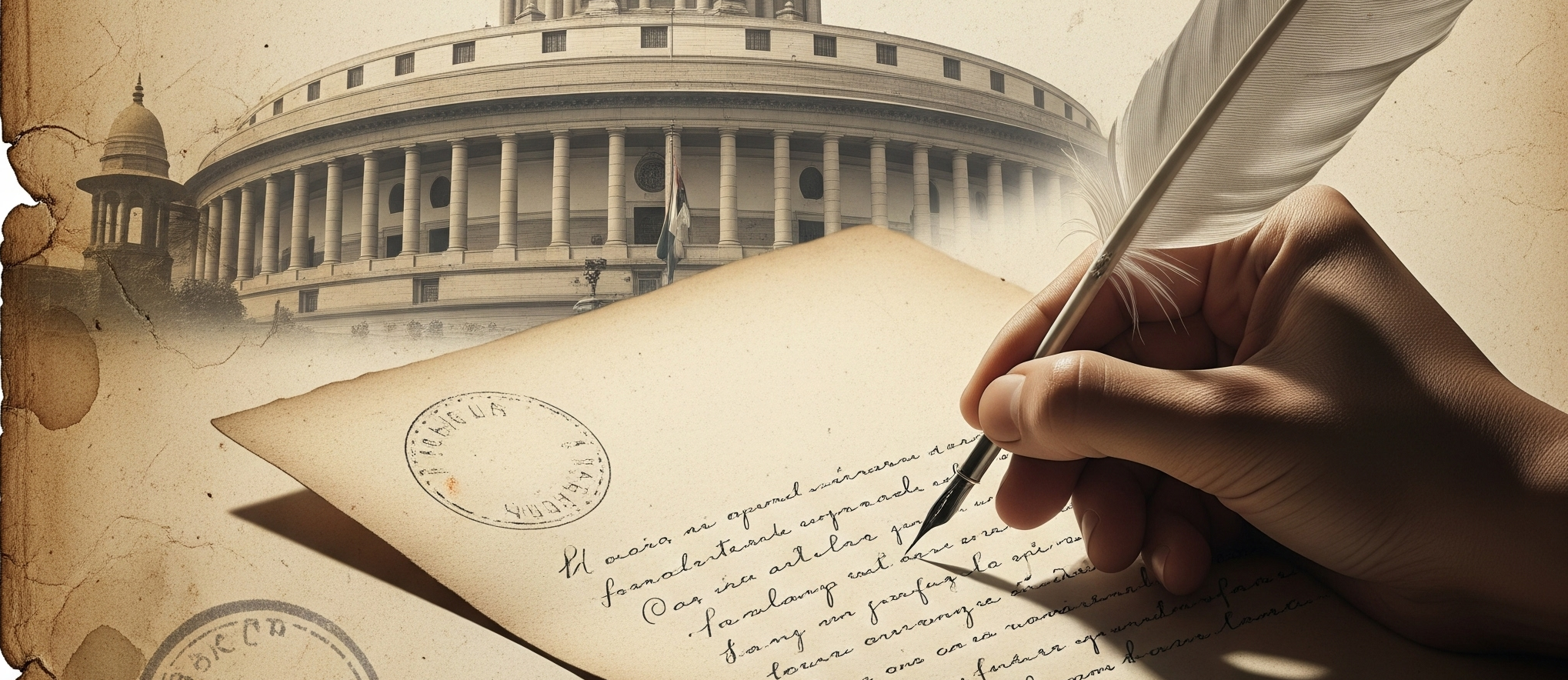
To mark the 79th anniversary of India’s Independence, ConstitutionofIndia.net, under the the Pluralist Agreement and Constitutional Transformation Project (PACT), has launched a major expansion of its primary materials collection: Petitions to the Indian Constituent Assembly. This new archive brings together over 2,500 documents submitted to the Constituent Assembly between 1946 and 1950 by individuals and groups outside the Assembly — including individuals, associations, trade bodies, and linguistic communities. For the first time, these petitions are available in an accessible, user-friendly format, with advanced search options—allowing users to search by keywords and filters, including constitutional provisions, and retrieve results down to the paragraph.
Most petitions were submitted after the Draft Constitution of India 1948, was circulated for public comment. They range from requests for representation on Assembly committees to detailed proposals on specific provisions, as well as sweeping critiques of the draft as a whole. These petitions come from established political groups as well as remote and marginalized communities — often representing constituencies scarcely acknowledged in official accounts. and make visible how diverse groups engaged with the Constitution of India.
Why Petitions Matter
Scholars have long emphasised the historical and democratic importance of petitions. Daniel Carpenter, in Democracy by Petition, describes petitioning as a political technology that extends participation beyond elections and enables disenfranchised groups to influence decision-making. Alexander Hudson’s The Veil of Participation argues that while such submissions may have limited formal impact in party-dominated processes, they broaden the range of ideas considered and foster civic ownership of the process.
In making these records publicly accessible, ConstitutionofIndia.net offers a valuable resource for research and reflection. For scholars, the petitions provide evidence to test theories of participation, legitimacy, and constitutional culture in the context of India’s founding. For general readers, they shed light on how petitioning fostered a culture of engagement in which many Indians — whether or not their submissions were adopted — became part of the constitutional conversation, revealing what citizens at the birth of the republic feared, demanded, and hoped for in the new nation.
ConstitutionofIndia.net’s Growing Archive
This new Petitions archive builds on ConstitutionofIndia.net’s steady growth since its launch on Republic Day 2016. The portal began with searchable, human-tagged versions of the Constituent Assembly Debates on Fundamental Rights and Directive Principles, enabling users to navigate these records by topic, article number, speaker, and cross-references to other countries’ constitutions. Over time, it has expanded to include the complete Constituent Assembly Debates, historical constitutions, and key committee reports.
The Petitions Archive launches with fifteen digitised petitions—a small sample of the nearly 2,500 that will be added over time. As it grows, it will advance ConstitutionofIndia.net’s aim to make constitutional materials freely accessible and sustain vibrant dialogue on the origins and future of India’s Constitution.
We invite researchers, educators, students, and citizens to explore the archive. Feedback and suggestions—whether about content, usability, or research ideas—are welcome and can be sent to: reachout@clpr.org.in
